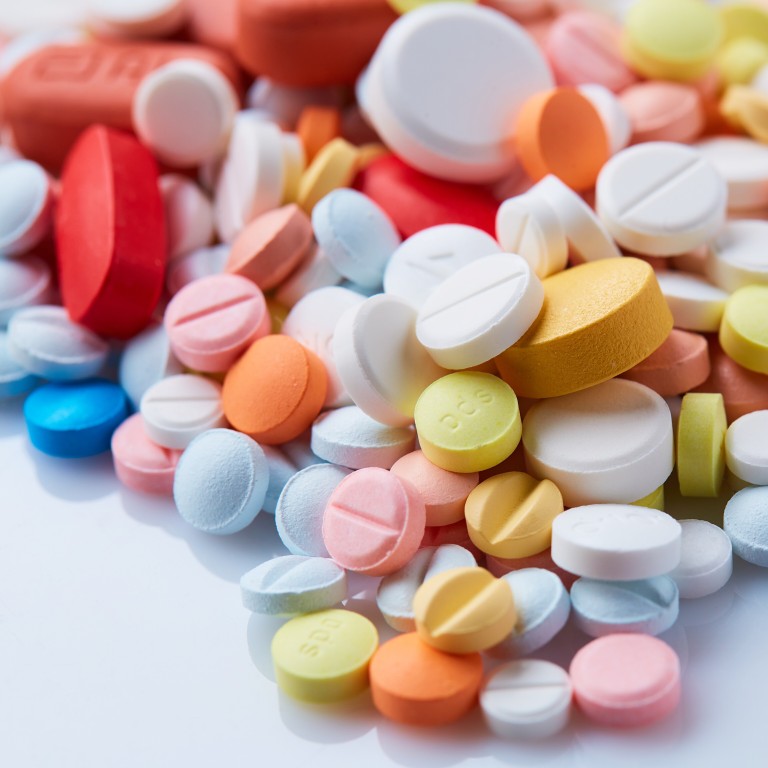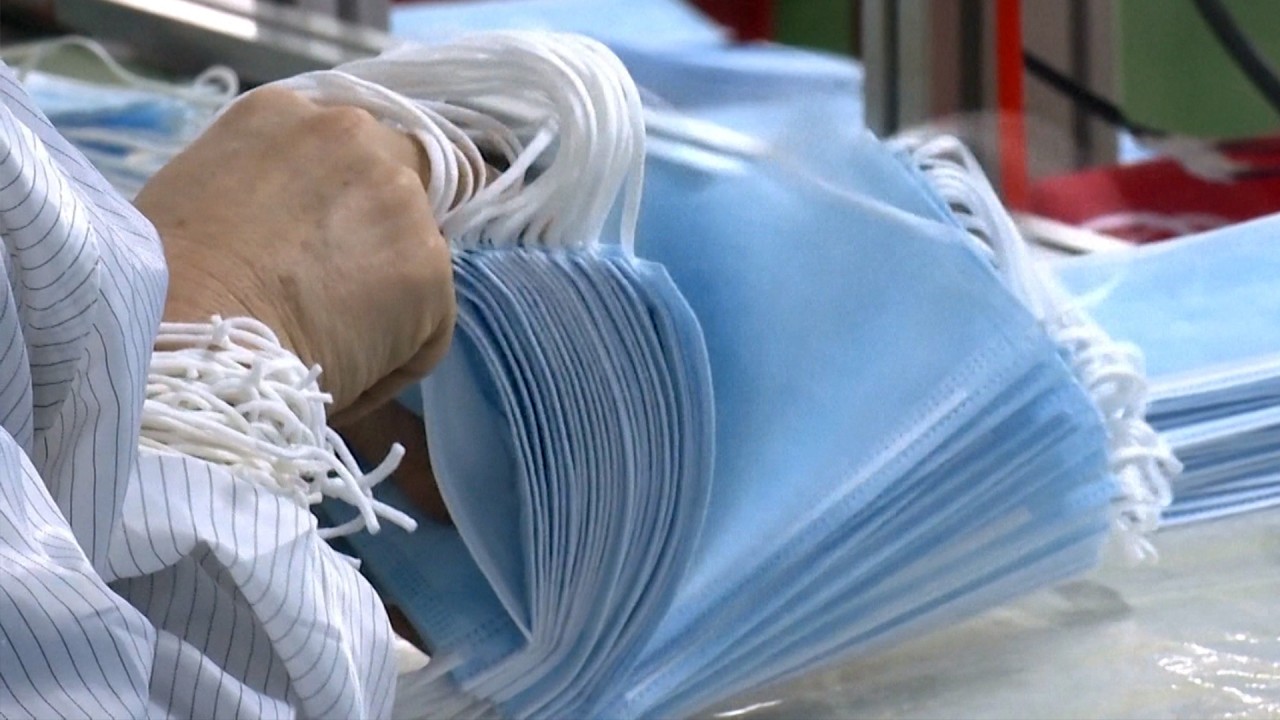
Positive long-term vital signs for China’s global health care players: report
- Chinese manufacturers have indispensable role in the international market, despite tougher overseas scrutiny, SCMP Research report concludes
- Beijing will continue to encourage innovation and self-reliance, analyst says
China’s health care industry is facing stricter overseas scrutiny and pressure in the global supply chain, but the Chinese players will survive and may even become more competitive, according to a new industry report.
The report concludes that despite efforts in some countries to exclude Chinese players from their markets, China still plays an indispensable role in the global health care industry.
The report’s release comes just days after US President Donald Trump signed an executive order calling on federal agencies to buy “essential drugs” and medical supplies made in the United States.
US authorities highlighted active pharmaceutical ingredients, or APIs, as an area of particular concern.
APIs are the main components of a drug and Chinese manufacturers make about 40 per cent of these ingredients used worldwide, producing 384.3 billion yuan (US$52.3 billion) worth of APIs in 2018.
China has not banned API exports but some countries are moving to boost their own production.
The report said that tighter environmental standards in the US prompted its chemical industry to move to China decades ago, and reshoring the industry would entail regulatory changes that might not be palatable.
Even if APIs and finished drugs were increasingly made in the US, the country would still be dependent on China for raw materials and chemical precursors, the report said.
Coronavirus could cause global medicine shortages as China’s factory closures hit supply chains
Zhao Xijun, associate dean of Renmin University’s school of finance, said that making any major changes to the industry would take time.
“The global health care industry has its basic pattern, with China being the largest API producer and exporter. It is very difficult to replace that production capacity and supply chain overnight,” Zhao said.
It is a similar case with medical supplies.
China is a major exporter of disposable items such as needles and syringes, bandages and surgical masks. As the Covid-19 pandemic began its global spread, China shipped about US$10 billion worth of medical supplies in March and April, the report said.
Yu Miaojie, deputy dean of the National School of Development at Peking University, said the United States would likely continue to rely on China for these products at least in the short term.
“Even with the tensions between China and the US, the US’ dependence on China’s medical supplies is unlikely to change while it is still dealing with the Covid-19 pandemic,” Yu said.

02:09
China allocates US$1.63 billion for urgently needed medical supplies to fight coronavirus
The report also looked at the growing scrutiny that Chinese biotechnology and health-related players have faced in the US and the European Union in recent years.
The increased oversight of foreign investments, along with Beijing’s control of outbound capital, contributed to a major pullback in foreign direct investment from China into the US and Europe in 2019.
The report found that the number of mergers and acquisitions by Chinese companies in the pharmaceutical and medical device industries fell in the US from 34 in 2018 to 16 last year, and declined from nine to just one in Europe over the same period.
In late March, the EU released updated guidance for FDI screening, urging member states to support European public security by preventing “critical assets” in health care-related industries from falling into the hands of foreign owners. Similar concerns were shared by several other countries including Australia and India.
However, the report argued that such pressure would only help spur development of China’s own health care industry.
China has been encouraging its companies, particularly medical device and biopharmaceutical firms, to move up the value chain as part of its “Made in China 2025” initiative.
“If anything, by giving urgency to China’s pursuit of self-reliance in essential technologies, the current geopolitical climate could well hasten China’s rise as a health care innovator,” the report said.
“Not to mention that governments placing foreign investment restrictions on their health care-related industries could in the process deprive them of vital capital for growth, which could lead to China’s well-funded companies becoming even more competitive.”
China’s changing health system – SCMP Series
Zhao said that political interference notwithstanding, China was and would continue to be an important part of the world trade and production centre.
“Times have changed. There will be no return to the Cold War when the world was divided into two halves and the economies of the two sides were not linked at all,” he said.
Yu from Peking University said that one thing was clear: whatever happened, China would speed up its pursuit of self-reliance.
“For sure, it takes more than investment to develop the health care industry,” Yu said. “But with investment, the industry will work in the direction of self-reliance and, hopefully, make some breakthroughs.”

